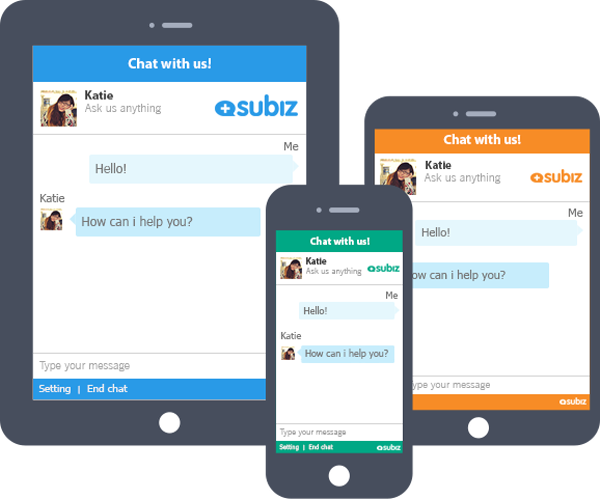An infallible strategy is making the online store capable of interacting with customers on its own. Wonder how? I’ve put together here 5 key takeaways to save you time on making your ecommerce more social.
1. Customer reviews
According to a survey conducted by Dimensional Research in 2013, 88% of customers say their buying decisions are influenced by online reviews. This is unsurprising, as people need social proof to be sure that your products are up to par with the advertisement.

Amazon product review
When a salesperson is not around to nudge random visitors into buyers, online reviews are all e-store owners can rely on. Should your ecommerce site has no product reviews,
prospects may bounce off to find reviews in other places. Who knows how many alternative options they may come across along the way? Chances are, they will not come back to your site and you may lose leads to your competitors.
After adding a product review feature to your ecommerce site, you may need to prod customers into granting you some comments or ratings. How about a subtle pop-up request for new products review at an user’s first login? Or a friendly after-purchase email asking for a feedback? You may also send your customers some small gift to appreciate their reviewing effort.
2. User recommendation lists
This is sometimes called “People who bought this also bought that”. It’s another type of social proof that encourages consumers to buy more. People tend to trust someone with the same interests and tastes as theirs. If that someone is buying those suggested items, there is a high chance that you might like them too. This is especially true when it comes to purchasing books. One can’t be sure whether a publication is good or bad if not referring to other readers’ reviews and suggestion.

Amazon suggested book list
Online retailers can be creative and apply more social proof like this kind to their stores. For instance, “These are our best-sellers”, “Your friend bought this”, “Celebraties that bought this”, “Wishlist by X star”, “Frequently bought together”, etc. To make those lists more enticing and draw in more money, you may consider offering special discount or privilege for those who buy your suggested combo.
3. Social share
People love to share what they like with others. If you want your brand to go viral, give consumers some tools to share your product with their family and hang-out circles. Since social networking is now so popular, almost every internet user has their account on some common social media platforms as Facebook, Twitter, Google Plus, YouTube, Pinterest, etc. It’s advisable that e-store owners add social share buttons to their homepage or product detail page. Every time someone “clicks share”, your brand’s exposure will be increased.
To make your store’s social sharing much more convenient for customers, social login is a highly recommended option. With social login, user can login to your website with their existing social media’s credentials and avoid any registering hassle. Meanwhile, you can get access to your customers’ social profile with lots of valuable personal information. This can be used to craft a more personalized service for their next visit.
4. Blogging about your industry
Blogging is a great way to connect with your customers on a regular basis. It’s where you show your expertise and gain credibility in your industry. Every blog post opens a door toward your product. Why? Quality blog draws knowledge-crave people in and they may stay to get to know your product. Not to mention, it’s also the place for product update announcements where you can socialize with your customers on a more personal level and get to know their thoughts and feedbacks.

Subiz Blog
With a careful pick of keywords, topics and SEO strategy, blogging can also help your ecommerce site rank higher on the search engine result. Once you have a blog up and running, share your daily posts to relevant communities as well as encourage visitors to comment and share your blog.
Blogging, however, may backfire at you if your content is lousy or not up to par. Therefore, don’t rush to start a blog if the content quality is not guaranteed.
5. Live chat support
If your e-store fails to interact with customers on its own, you can always count on a chat agent to guide your online shoppers around. Setting up a live chat system helps to take your customer service up a notch by approaching people in a more personal manner. Consumers feel more confident shopping on your store when they know there is a human being behind the chat window, who is ready come to their side, should any issue arise.

Subiz Live chat
Beside improving customer service, live chat also helps to increase conversions, reduce bounce rate, lower cost, develop customer trust and loyalty along with many more benefits. Still in doubt? Why not try Subiz live chat solution today to experience those benefits yourself?




